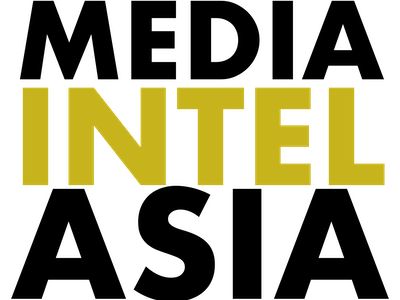Dodging the NATO spending target for defense is a shrug that Canada can no longer afford from its politicians
February 15, 2024Open this photo in gallery: Canadian Prime Minister Justin Trudeau meets the Canada-led multinational NATO enhanced Forward Presence Battle Group in the Adazi military base in Riga, Latvia, on July 10, 2023.GINTS IVUSKANS/AFP/Getty Images
Imagine it’s 2026, and President Trump is calling Canadian Prime Minister Pierre Poilievre to collect. Canada hasn’t paid its NATO bill.
“Sir,” Mr. Poilievre asks – because that’s how world leaders address Donald Trump, according to Donald Trump – “I’m working towards it. Will you still protect Canada if I don’t pay?”
The answer, we now know, will be a hard no. We know that because Mr. Trump told supporters Saturday that’s how he responded when the leader of a “big country” in Europe asked that question.
Not only that, but as soon as once-again President Trump is off the phone he’ll hit the speed dial to Russian President Vladimir Putin to encourage him to invade Canada. It won’t be long before Winnipeg will be Novonovosibirsk.
Okay, maybe that’s not realistic. Maybe we shouldn’t put too much stock in what Mr. Trump says he would do about NATO spending. Or what Mr. Poilievre says either.
But Mr. Trump’s fantasies about feeding allies to Russian invaders over mythical payments still offer an opportunity to take a look at the growing problem with Canada’s own dream world of defence spending.
Future PM Poilievre, we now know, won’t spend 2 per cent of gross domestic product that NATO members are theoretically supposed to devote to defence. Here in 2024, Mr. Poilievre ‘s spokesman told The Globe and Mail that he would “work towards” meeting the spending guideline.
Luckily, there is a chance that this kind of empty guff would work on re-elected Mr. Trump, if there ever is one, as long as Mr. Poilievre accompanies it with tributes to his greatness and keeps calling him “sir.”
But for the long-run purposes of Canada’s security, and its place in the world, it means a growing shortfall with reality.
Mr. Poilievre’s “work towards” is the same non-commitment Canadian political leaders, Liberal and Conservative, have been making for years. It is what the government of former prime minister Stephen Harper promised in 2014 when Canada’s defence spending as a share of its economy reached its lowest level.
You could argue Prime Minister Justin Trudeau has “worked towards” the target, since he raised defence spending to 1.38 per cent of GDP from 1.15 per cent, but the ships and planes are creaking and the forces are understrength.
Mr. Poilievre has just joined a bipartisan consensus on “working towards” 2 per cent – which is Canadian political code for never getting there.
The 2-per-cent target is not the be-all and end-all, for sure. But this kind of dodge is more of the same old shrug on security and foreign policy that Canada can no longer afford from its politicians.
The danger is not that Donald Trump will turn us over to Russia. Presumably, even a second Trump administration would feel letting the Russians take a piece of Canada would be a threat to the U.S.
But the U.S.’s power to act as the global cop will increasingly be strained in a world of myriad threats and global competition. China – Russia’s “no limits” partner – already has the world’s largest navy, if not the most powerful. The U.S.’s big economy will become a smaller share of the world’s, and its national debt is US$34-trillion. Even a president who recognizes that allies make the U.S. stronger will want them to do more.
The danger for Canada if it fails to take a serious role in defending the Arctic, for example, is that Russia and China will one day push Canadians aside. They have a keen interest in the Arctic and the melting waters of the Northwest Passage, and if Canada isn’t much of a defence partner, the U.S. might decide to do it alone: the patrols, the infrastructure and the decisions, with a declining regard for Canada’s sovereignty.
Countries now feeling closer to threats, such as Japan and Finland, are ramping up their military spending quickly. But Canada’s long-term security also depends on the security of its allies and a world that isn’t dominated by powers hostile to liberal democracy. And participating in global security will mean influence in the world and with the U.S.
So it’s no longer enough for potential future Canadian leaders to sell vague lines that they would work toward more. By now, we should know what those words mean. Canada can’t keep promising the cheque is in the mail, even if Mr. Trump is never coming to collect.
This data comes from MediaIntel.Asia's Media Intelligence and Media Monitoring Platform.
Original URL: Click here to visit original article



